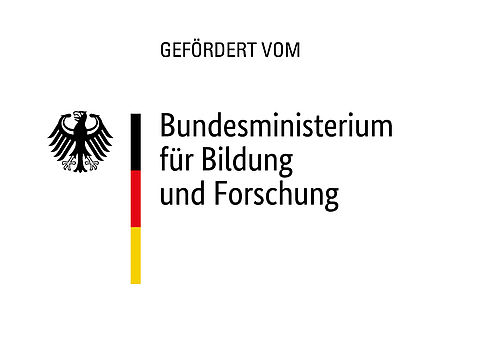SORRIR project to increase the level of security of the “Internet of Things”

Preventing the failure of the “smart city”: As part of the Federal Ministry of Education and Research (BMBF) project entitled SORRIR, researchers from the Universities of Passau and Ulm are working on making the Internet of Things more robust against attacks and less error-prone.
The “Internet of Things” permeates not only our private lives, but also the economy, medicine and the public sphere. “The rising social relevance of IoT systems brings with it an increased need for reliability and fail safety,” explains Project Coordinator Dr Jörg Domaschka, Head of the Institute for the Organisation and Management of Information Systems at the University of Ulm. “Nobody would like to use an automated vehicle that is susceptible to hacking or to live in a ‘smart city’ with an energy supply that is interrupted and unreliable traffic management systems. That is why we need robust IoT systems,” clarifies Professor Hans Reiser, a Junior Professor in the field of information system security at the University of Passau.
As part of the SORRIR project, the team is developing a self-organising, resilient execution platform for IoT services. IoT stands for “Internet of Things”. The platform is designed to make the IoT infrastructure more robust against malfunctions and attacks. The goal is to build greater resilience, in the technical sense of the word. In order to achieve this, the researchers are pooling a library of existing software tools that have been proven to be resilient mechanisms. Furthermore, they are designing a programming model to simplify the development of resilient IoT applications. These will be executed within a reconfigurable runtime environment.
Passau’s expertise in the fields of monitoring, security and self-healing
IoT systems are much more embedded in critical infrastructures nowadays. Given the growing need for computing capacity, reliance on cloud-based solutions is increasing.
Professor Hans Reiser’s team from Passau is working on the sub-project “MoSiS -- Monitoring, security and self-healing”. In this context, the team is able to make use of findings from other research projects: for example, Professor Dr Reiser has previously researched incidents that are relevant to security in the cloud and with virtual machine introspection. This method detects malware by monitoring virtual systems externally.
Practical application in the management of parking spaces
As an example of a practical application, the SORRIR team has decided to focus on parking space management for instance. This field, which is connected to the topic of mobility, transport space usage and energy supply, is one of the key challenges facing the “smart city”. In terms of field testing, the project team are working in partnership with the city of Ulm, which is one of four winning cities in Baden-Württemberg in the national competition “Zukunftsstadt 2030” [City of the Future 2030]. The longer-term plan is to expand the resilience concept to the fields of e-health and industry 4.0 too.
Stakeholders and funding
The SORRIR project is headed up by the University of Ulm, with the University of Passau contributing as a partner. The other stakeholders are the Passau-based software and IT consulting company Innowerk-IT GmbH, as well as the industry partners, namely, Innowerk-IT GmbH and the Stuttgart-based innovation service provider bwcon.
| Principal Investigator(s) at the University | Prof. Dr. Hans P. Reiser (Juniorprofessur für Sicherheit in Informationssystemen) |
|---|---|
| Project period | 01.06.2019 - 31.05.2022 |
| Source of funding |  BMBF - Bundesministerium für Bildung und Forschung |
| Funding notice | The SORRIR research project (project number: 01IS18068B) is receiving funding that amounts to a total of 1.5 million euros over three years from the Federal Ministry of Education and Research (BMBF). |

